As Trump calls for smarter terrorism strategies, his national security vacancies stand out

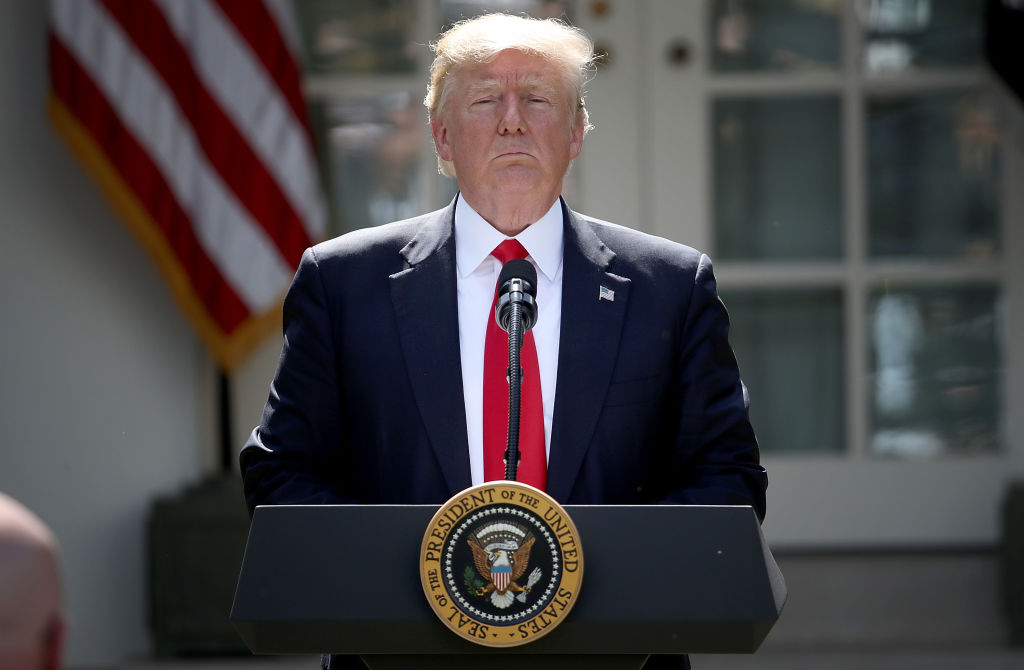
A free daily email with the biggest news stories of the day – and the best features from TheWeek.com
You are now subscribed
Your newsletter sign-up was successful
Britain, which holds an election Thursday, is currently arguing over whether Prime Minister Theresa May, when she was home secretary, cut police funding to a dangerously low level, in light of recent terrorist attacks in Manchester and London. In the U.S., President Trump has reacted to the London Bridge attack with a renewed push for his "travel ban" and calls to "stop being politically correct and get down to the business of security for our people," but he has yet to nominate an FBI director, a leader for the Transportation Security Administration, a Homeland Security Department official to take charge of securing America's cyber and physical infrastructure, a director for the National Counterterrorism Center, an assistant attorney general for national security, or, for that matter, an ambassador to Great Britain.
Trump's "counterterrorism strategy could be hindered by dozens of vacancies across the government," argues Politico's Andrew Restuccia. In all, 135 days into his presidency, Trump has nominated just 102 of the 559 key positions in his administration that require Senate confirmation, with 39 of those confirmed. Fifteen people are awaiting formal nomination — including billionaire Robert "Woody" Johnson, for ambassador to London — and Trump hasn't even started the process on 442 key nominees, according to the nonpartisan Partnership for Public Service's appointee tracker. All security-related departments have vacant deputy positions, and some of the numerous empty desks at the State Department may stay empty.
"This is a team sport," Max Stier, the head of the Partnership for Public Service, tells Politico. "It's critical to have a full team." Many of the positions are filled with career bureaucrats or diplomats who are experts in the field, so "in terms of an immediate response to an attack, the agencies will probably do fine," said Daniel Benjamin, State Department counterterrorism coordinator under former President Barack Obama. "The real problems come later, when the administration has to readjust strategy to deal with the threat, do the hard work of figuring out if there was a vulnerability in some security or immigration system, and then remedy it." You can read more about Trump's national security staffing issues at Politico.
The Week
Escape your echo chamber. Get the facts behind the news, plus analysis from multiple perspectives.

Sign up for The Week's Free Newsletters
From our morning news briefing to a weekly Good News Newsletter, get the best of The Week delivered directly to your inbox.
From our morning news briefing to a weekly Good News Newsletter, get the best of The Week delivered directly to your inbox.
A free daily email with the biggest news stories of the day – and the best features from TheWeek.com
Peter has worked as a news and culture writer and editor at The Week since the site's launch in 2008. He covers politics, world affairs, religion and cultural currents. His journalism career began as a copy editor at a financial newswire and has included editorial positions at The New York Times Magazine, Facts on File, and Oregon State University.
-
 The environmental cost of GLP-1s
The environmental cost of GLP-1sThe explainer Producing the drugs is a dirty process
-
 Greenland’s capital becomes ground zero for the country’s diplomatic straits
Greenland’s capital becomes ground zero for the country’s diplomatic straitsIN THE SPOTLIGHT A flurry of new consular activity in Nuuk shows how important Greenland has become to Europeans’ anxiety about American imperialism
-
 ‘This is something that happens all too often’
‘This is something that happens all too often’Instant Opinion Opinion, comment and editorials of the day
-
 Maxwell pleads 5th, offers Epstein answers for pardon
Maxwell pleads 5th, offers Epstein answers for pardonSpeed Read She offered to talk only if she first received a pardon from President Donald Trump
-
 Hong Kong jails democracy advocate Jimmy Lai
Hong Kong jails democracy advocate Jimmy LaiSpeed Read The former media tycoon was sentenced to 20 years in prison
-
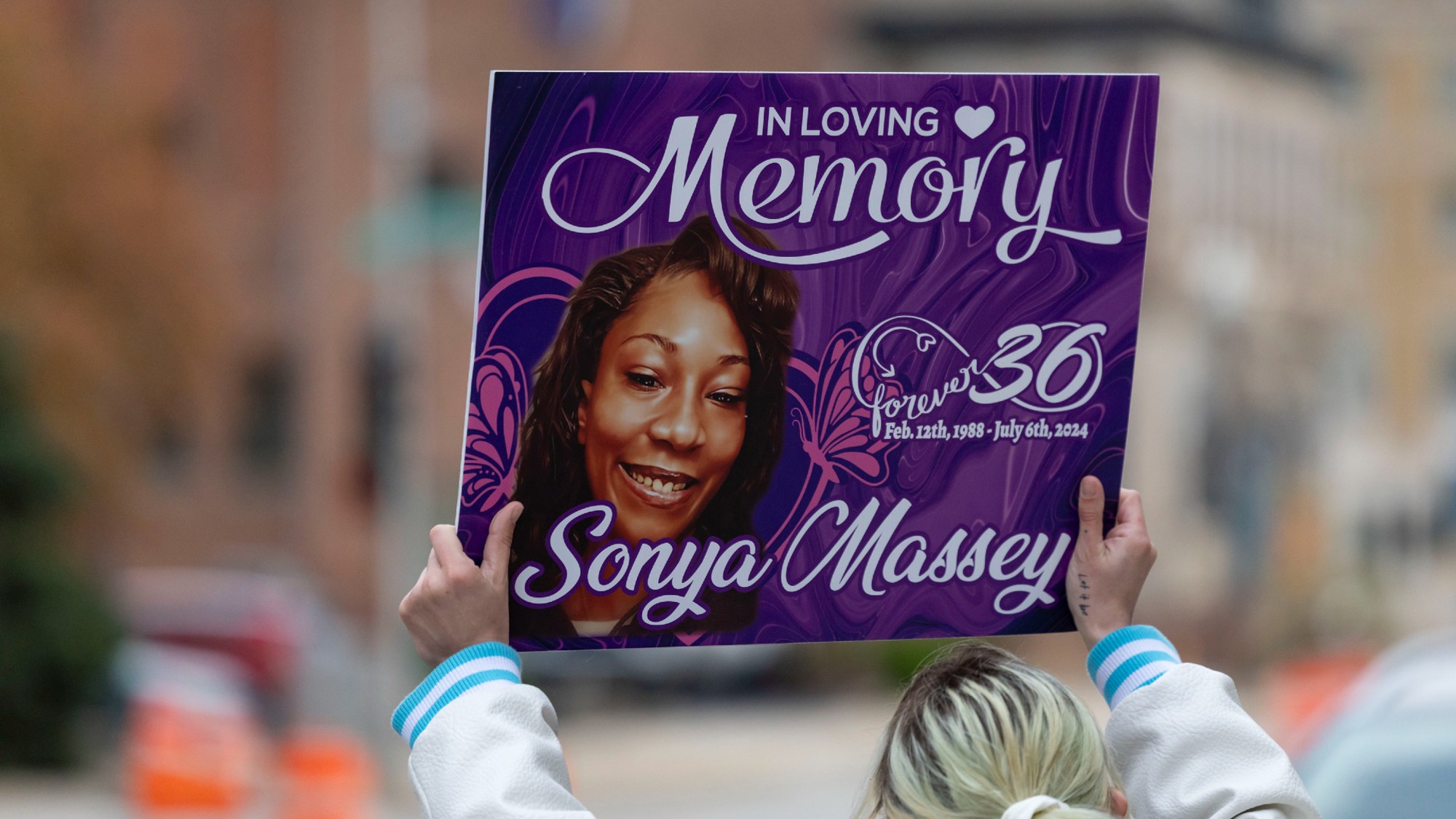 Ex-Illinois deputy gets 20 years for Massey murder
Ex-Illinois deputy gets 20 years for Massey murderSpeed Read Sean Grayson was sentenced for the 2024 killing of Sonya Massey
-
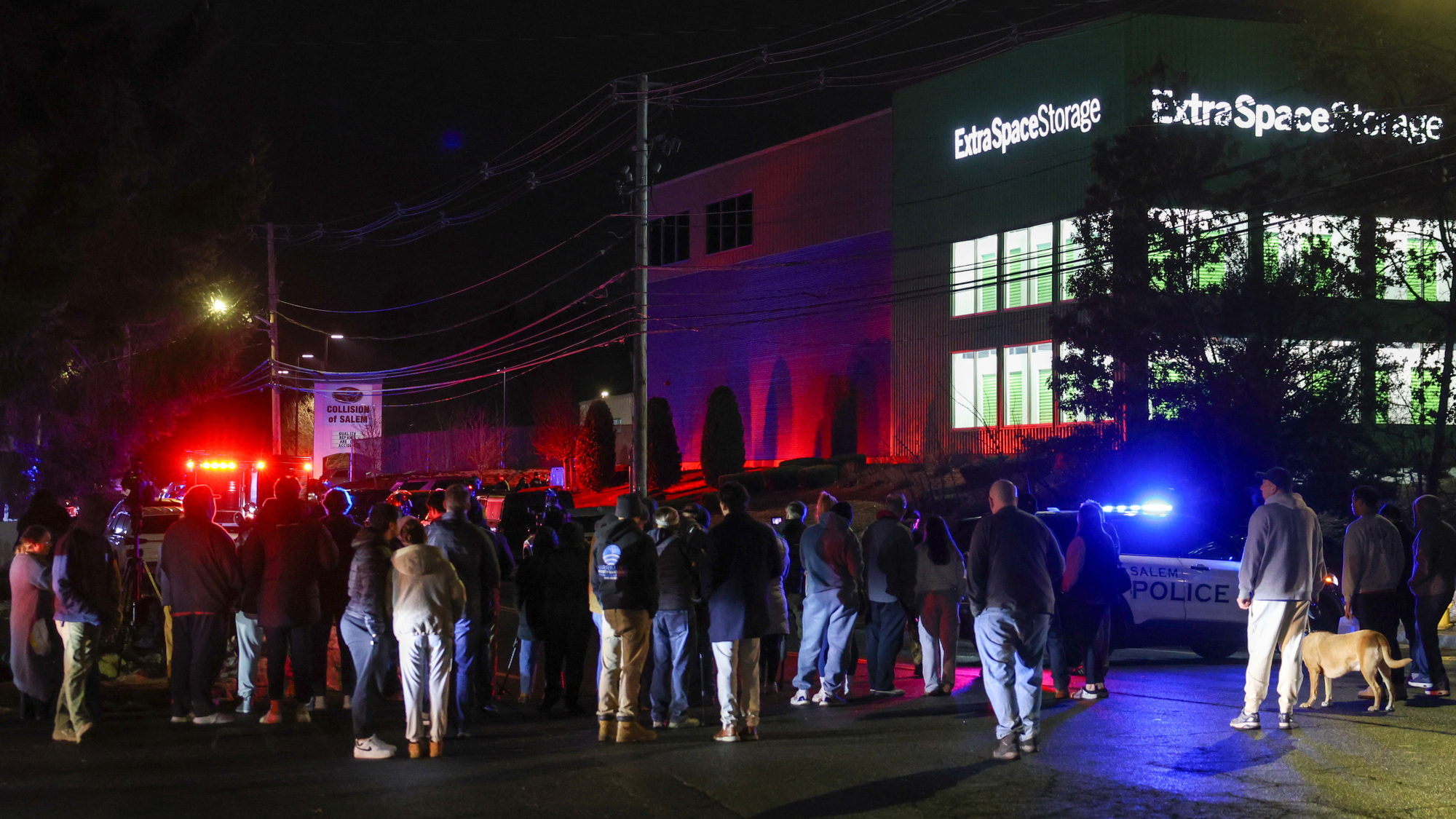 Sole suspect in Brown, MIT shootings found dead
Sole suspect in Brown, MIT shootings found deadSpeed Read The mass shooting suspect, a former Brown grad student, died of self-inflicted gunshot wounds
-
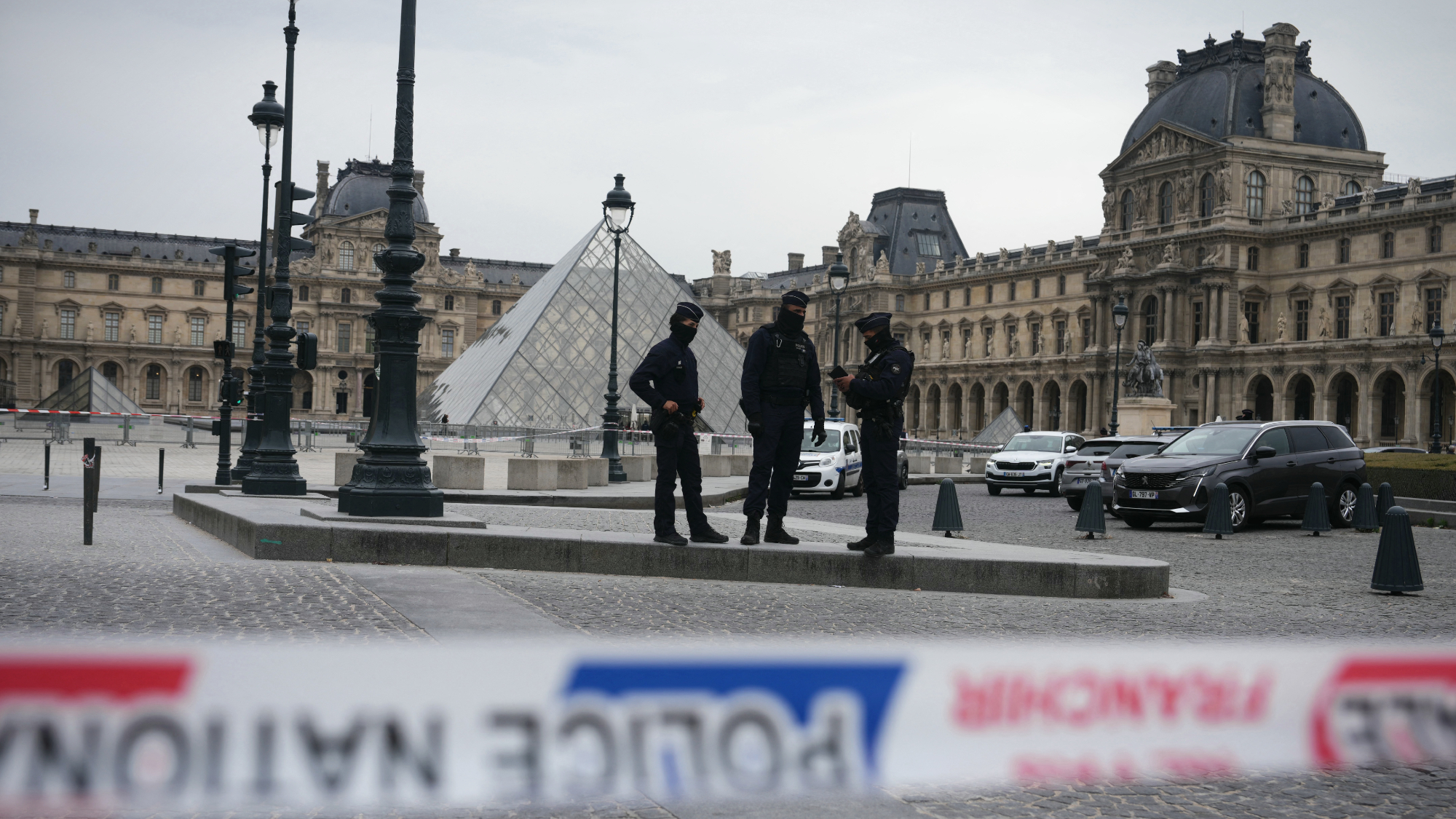 France makes first arrests in Louvre jewels heist
France makes first arrests in Louvre jewels heistSpeed Read Two suspects were arrested in connection with the daytime theft of royal jewels from the museum
-
 Trump pardons crypto titan who enriched family
Trump pardons crypto titan who enriched familySpeed Read Binance founder Changpeng Zhao pleaded guilty in 2023 to enabling money laundering while CEO of the cryptocurrency exchange
-
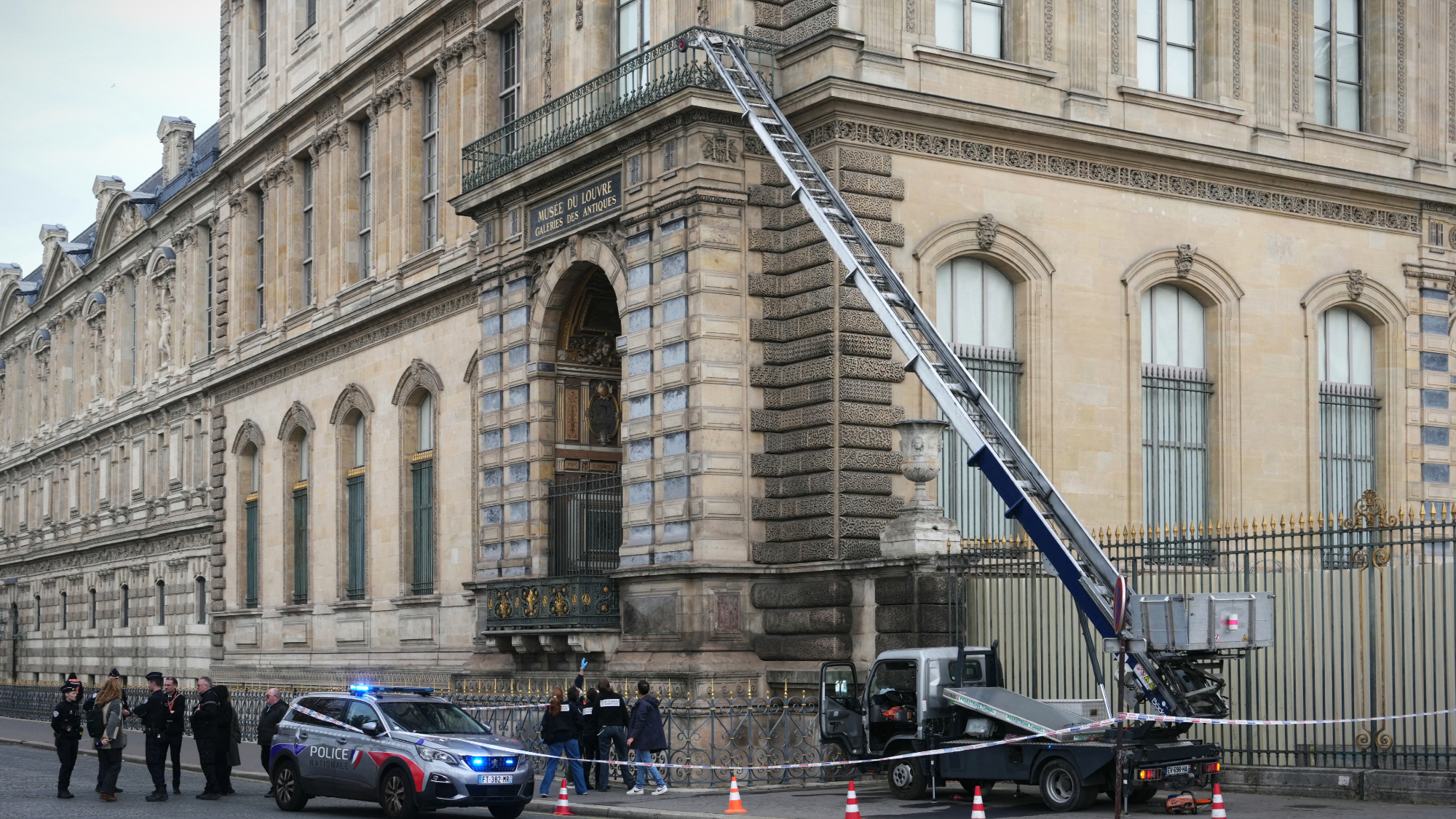 Thieves nab French crown jewels from Louvre
Thieves nab French crown jewels from LouvreSpeed Read A gang of thieves stole 19th century royal jewels from the Paris museum’s Galerie d’Apollon
-
 Arsonist who attacked Shapiro gets 25-50 years
Arsonist who attacked Shapiro gets 25-50 yearsSpeed Read Cody Balmer broke into the Pennsylvania governor’s mansion and tried to burn it down
